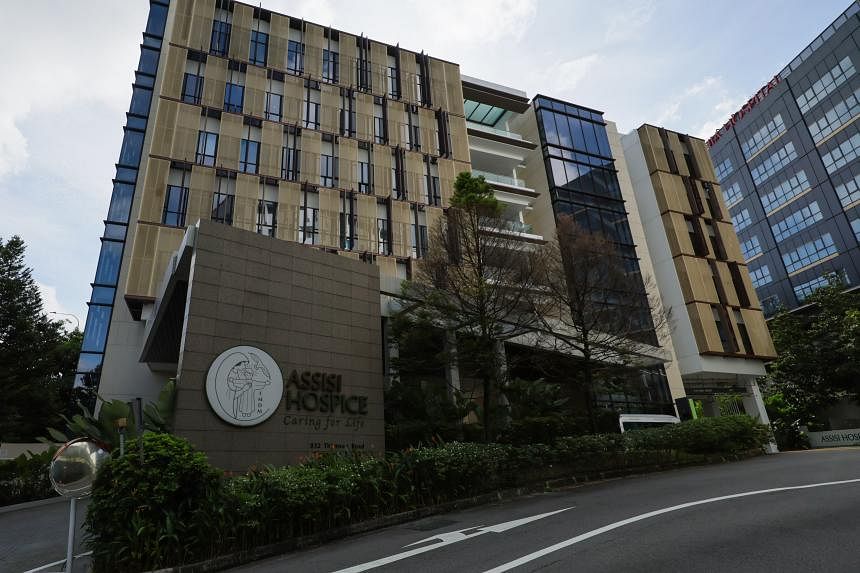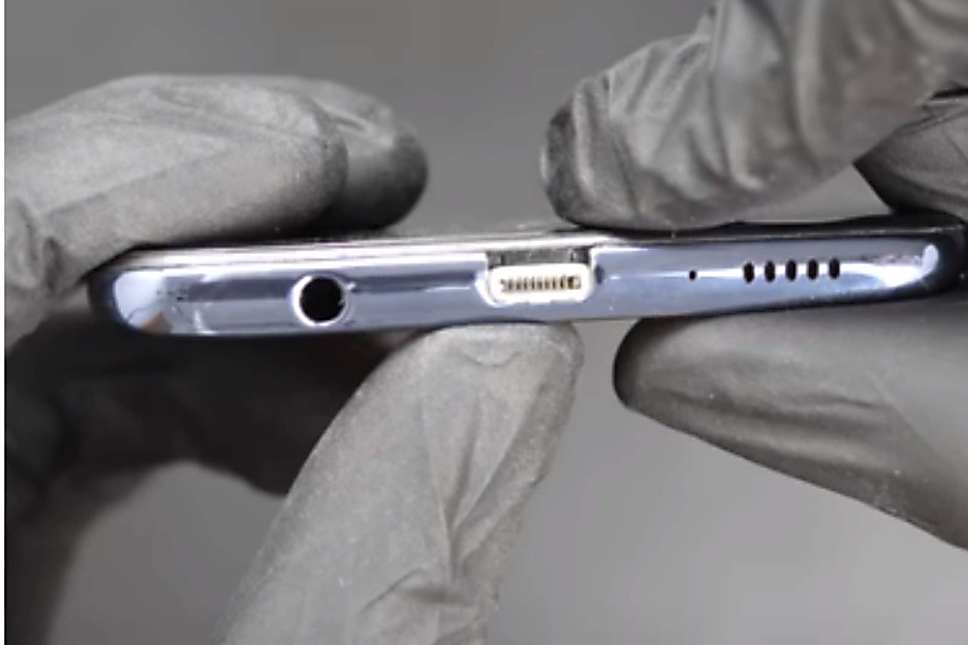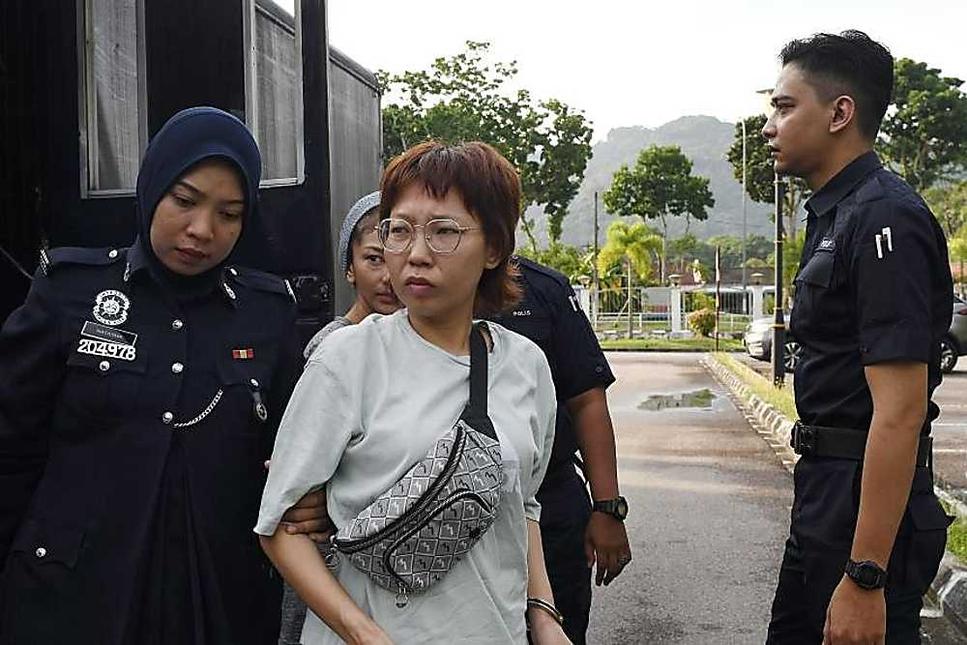Living well to the end: Singapore ramps up palliative and hospice care capacity


SINGAPORE – Singapore is increasing its palliative care and hospice capacity to allow more people with life-threatening illnesses to live well till the very end, and die with dignity and comfort.
By 2025, there will be 300 inpatient palliative care beds, 140 day hospice places and capacity for palliative home care for 3,600 patients.
In Singapore, the term palliative care is often used interchangeably with hospice care, though there are subtle differences.
The Singapore Hospice Council said hospice care is largely associated with care provided by services in the community, such as a dedicated facility or within the home, close to or at the end of life, whereas the term palliative care has a broader scope and includes the care provided both earlier in the course of the illness and towards the end of life.
This care can be provided at home, in nursing homes, hospices, specialist clinics, general and community hospitals. A specialist, polyclinic doctor or general practitioner can provide a referral to a suitable palliative care service.
The Straits Times looks at the three care options.
Inpatient palliative care
This is typically for patients who are estimated to have three months or less to live. They may require specialist care that cannot be provided at home, or do not have any caregivers at home.

By signing up, I accept SPH Media's Terms & Conditions and Privacy Policy as amended from time to time.
There is round-the-clock medical and nursing care, focusing on the management of pain, breathlessness and other symptoms, and specialised care, such as the administration of intravenous medication or management of complex wounds.
Fees are subsidised, based on means-testing. MediShield Life claim limits have been raised to $460 a day – or $500 if specialised inpatient palliative care is needed – with effect from Feb 1. Up to $250 a day, or $350 a day for specialised care, can be utilised from MediSave.
The inpatient hospice providers are Assisi Hospice and Dover Park Hospice.
There are also inpatient palliative care wards at these community hospitals: Ren Ci Hospital, Sengkang Community Hospital, Outram Community Hospital, St Andrew’s Community Hospital, St Luke’s Hospital, Yishun Community Hospital and Woodlands Health Community Hospital (from late May).
St Joseph’s Home, a nursing home, also provides general inpatient hospice care, but not specialised palliative care.
Palliative daycare
For patients with a prognosis of one year or less, who are fairly ambulant or can safely move around in a wheelchair and do not require 24-hour nursing assistance.
Two-way transport to the daycare centre as well as meals or snacks are provided.
There are daily activities and therapeutic programmes, such as art and movement therapy, organised by trained healthcare professionals and volunteers.
Caregivers get some respite, but they may not be able to hold a regular job, as daycare is typically offered from 9am to mid-afternoon.
There are three palliative day hospice providers here: HCA Hospice – which has two day hospices – and Dover Park Hospice offer the service at no charge, while Assisi Hospice keeps the rate at $10 per day.
Palliative home care
This is typically for patients who have a prognosis of one year or less, and wish to die at home. They must have a caregiver at home.
An assigned nurse will make home visits, with the frequency determined by the patient’s condition and needs. For instance, if a patient is stable, visits could be once a month. Other healthcare professionals, including doctors and counsellors, may visit if needed.
You will need medical equipment at home, such as a hospital bed. These can be purchased or loaned from the palliative home care provider.
Caregivers receive training and have a 24-hour helpline to get guidance if a medical crisis occurs outside work hours.
Palliative home care is currently provided at no charge due to government subsidies and charity dollars.
The palliative home care providers are Assisi Hospice, Buddhist Compassion Relief Tzu-Chi Foundation (Singapore), Dover Park Hospice, HCA Hospice, Metta Hospice Care, MWS Home Care & Home Hospice, Singapore Cancer Society, St Andrew’s Community Hospital and Tsao Foundation’s Hua Mei Mobile Clinic.
Enjoying ST's content? Become a subscriber to access premium articles
Unlock subscriber-only benefits
- All subscriber-only content on ST app and straitstimes.com
- Easy access any time via ST app on 1 mobile device
- Other subscriber-exclusive perks like e-paper access with a 2-week archive and more!
Join ST's WhatsApp Channel and get the latest news and must-reads.









No comments:
Post a Comment